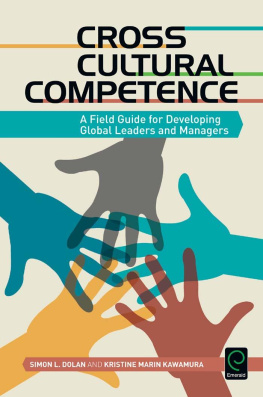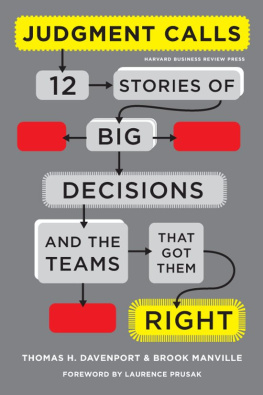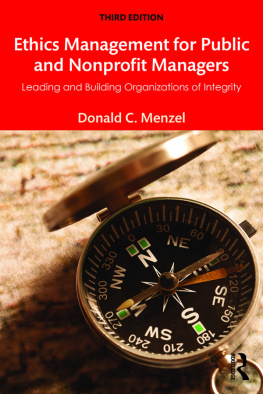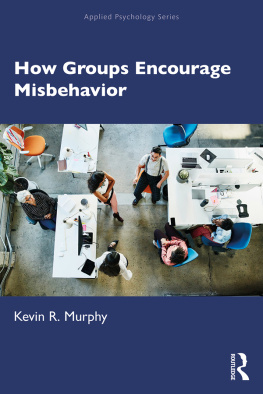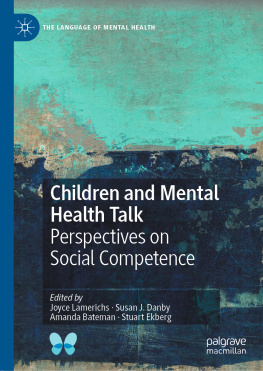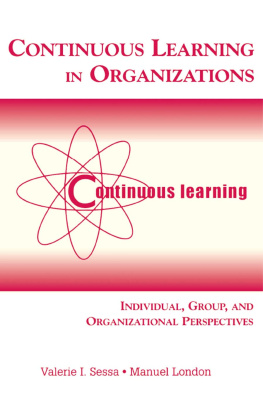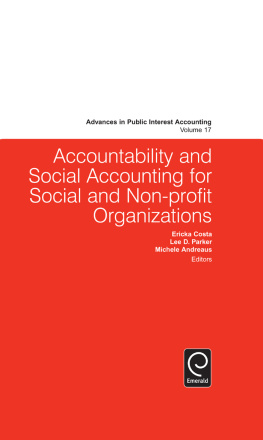References
Adler, P. S., L. C. Forbes and H. Willmott (2008) Critical management studies: premises, practices, problems, and prospects, The Academy of Management Annals, 1, 11979.
Alvesson, M. and H. Willmott (eds) (1992) Critical Management Studies (London: Sage).
Alvesson, M. and H. Willmott (1996) Making Sense of Management: a Critical Introduction (London: Sage).
Alvesson, M. and H. Willmott (eds) (2003) Studying Management Critically (London: Sage).
Asher, H. B. (1976) Presidential Elections and American Politics (Homewood, Ill.: The Dorsey Press).
Bacchi, C. L. (1996) The Politics of Affirmative Action: Women, Equality and Category Politics (London: Sage).
Bacchi, C. L. (1999) Women, Policy and Politics. The Construction of Policy Problems (London: Sage).
Baker P, C. Gabrielatos, M. Khosravinic, M. Krzyzanowski, T. McEnery and R. Wodak (2008) A useful methodological synergy? Combining critical discourse analysis and corpus linguistics to examine discourses of the refugees and asylum seekers in the UK press, Discourse and Society, 19(3), 273306.
Bakhtin, M. (1986) Speech Genres and Other Late Essays, translated by V. W. McGee, edited by C. Emerson and M. Holquist (Austin: University of Texas Press).
Bamberg, M. (ed.) (1997) Narrative Development Six Approaches (Mahwah, NJ: Lawrence Erlbaum).
Barna, G. (1991) User Friendly Churches: What Christians Need to Know about the Churches People Love to Go to (Ventura, Calif.: Regal Books).
Barrett, R. (2006) De waarden van mijn bedrijf. Zo verander of creer ik een organisatiecultuur (Leuven and Schiedam: LannooCampus en Scriptum).
Bart, C. K. and M. C. Baetz (1998) The relationship between mission statements and firm performance: an exploratory study, Journal of Management Studies, 35, 82353.
Bayer (2009) http://www.bayer.de/de/Leitbild.aspx, accessed 28 August 2009.
Baynham, M. and A. de Fina (eds) (2005) Dislocations/Relocations: Narratives of Displacement (Manchester: St Jerome).
Bednarek, M. (2006) Epistemological positioning and evidentiality in English news discourse: a text-driven approach, Text and Talk, 26(6), 63560.
Beebe, L. M. (1995) Polite fictions: instrumental rudeness as pragmatic competence in J. E. Alatis et al. (eds) Linguistics and the Education of Language Teachers: Ethnolinguistic, Psycholinguistic and Sociolinguistic Aspects. Georgetown University Round Table on Languages and Linguistics 1995 (Georgetown: Georgetown University Press).
Benson, R. (1999) Field theory in comparative context: a new paradigm for media studies, Theory and Society, 28(3), 46398.
Benson, R. (2006) News media as a journalistic field: What Bourdieu adds to new institutionalism, and vice versa, Political Communication, 23(2), 187202.
Bentivegna, S. (1999) La politica in rete (Rome: Meltemi).
Bhatia, V. K. (2008) Towards critical genre analysis in V. K. Bhatia, J. Flowerdew and R. H. Jones (eds) Advances in Discourse Studies (London and New York: Routledge).
Blankenship, K. and T. Holtgraves (2005) The role of different markers of linguistic powerlessness in persuasion, Journal of Language and Social Psychology, 24(1), 324.
Blas Arroyo, J. L. (2000) Mire usted Sr. Gonzlez ... Personal deixis in Spanish politicalelectoral debate, Journal of Pragmatics, 32, 127.
Blommaert, J. (2005) In and out of class, codes and control in M. Baynham and A. de Fina (eds) Dislocations/Relocations: Narratives of Displacement (Manchester: St Jerome).
Bourdieu, P. (1977) Outline of a Theory of Practice (Cambridge: Cambridge University Press).
Bourdieu, P. (1990) The Logic of Practice (Cambridge: Polity Press).
Bourdieu, P. (1991) Language and Symbolic Power, ed. John Thompson (Cambridge: Harvard University Press).
Bourdieu, P. (2005) The political field, the social science field, and the journalistic field in R. Benson and E. Neveu (eds) Bourdieu and the Journalistic Field (Cambridge: Polity).
Bournois, F. and S. Point (2006) A letter from the president: seduction, charm and obfuscation in French CEO letters, Journal of Business Strategy, 27(6), 4655.
Bowman, E. H. (1984) Content analysis of annual reports for corporate strategy and risk, Interfaces, 14, 6171.
Boyd, D. (2007) Digital Handshakes in Networked Publics: Why Politicians Must Interact, Not Broadcast, http://www.danah.org/papers/essays/DigitalHandshakes.pdf(2007), date accessed 13 August 2009.
Boyd, D. (2008) Can social network sites enable political action? in Rebooting America, http://rebooting.personaldemocracy.com/files/danahboyd.pdf, date accessed 13 August 2009.
Bradac, J., M. Hemphill and C. Tardy (1981) Language style on trial: effects of powerful and powerless speech upon judgments of victims and villains, Western Journal of Speech Communication, 45, 32741.
Bradac, J. and A. Mulac (1984) A molecular view of powerful and powerless speech styles: attributional consequences of specific language features and communicator intentions, Communication Monographs, 51, 30719.
Brown, P. and S. Levinson (1987) Politeness. Some Universals in Language Usage (Cambridge: Cambridge University Press).
Bull, P. and A. Fetzer (2006) Who are we and who are you? The strategic use of forms of address in political interviews, Text and Talk, 26(1), 135.
Business Dictionary (2009) http://www.businessdictionary.com/definition, accessed 2 September 2009.
Campbell, J. E. (2000) The American Campaign: US Presidential Campaigns and the National Vote (College Station, Tex.: A&M University Press).
Campbell, S. and C. Roberts (2007) Migration, ethnicity and competing discourses in the job interview: synthesising the institutional and personal, Discourse and Society, 18(3), 24372.
Carvalho, A. (2008) Media(ted) discourse and society. Rethinking the framework of Critical Discourse Analysis, Journalism Studies, 9(2), 16177.
Charteris-Black, J. (2005) Politicians and Rhetoric. The Persuasive Power of Metaphor (Basingstoke/New York: Palgrave Macmillan).
Chia, R. (2000) Discourse analysis as organisational analysis, Organization, 7(3), 51318.
Chia, R. and S. Morgan (1996) Educating the philosopher-manager: De-signing the times, Management Learning, 27(1), 3764.
Clark, H. and R. J. Gerrig (1990) Quotations as demonstrations, Language, 66/4, 764808.
Clayman, S. (1992) Footing in the achievement of neutrality: the case of news interview discourse in P. Drew and J. Heritage (eds) Talk at Work. Interaction in Institutional Settings (Cambridge: Cambridge University Press).
Clayman, S. and J. Heritage (2002) The News Interview: Journalists and Public Figures on the Air (Cambridge: Cambridge University Press).
Colley, L. (2006) Approaches to the merit principle in Queensland public service recruitment 18592000. From rich and dumb to gender discrimination to politicisation?, Australian Journal for Public Administration, 65(1), 4660.
Colyer, E. (2005) Churches put their faith in branding, http://www.brandchannel.com/features_effect.asp?pf_id=254, date accessed 14 January 2009.
Cornelissen, J. (2008) Corporate Communication. A Guide to Theory and Practice, 2nd edn (Los Angeles, London, New Delhi, Singapore and Washington, DC: Sage).
Cornfield, M. (2007) Rewiring the conventions (again). The internet and innovation in politics and media in C. Panagopoulos (ed.) Rewiring Politics: Presidential Nominating Conventions in the Media Age (Media and Public Affairs)


